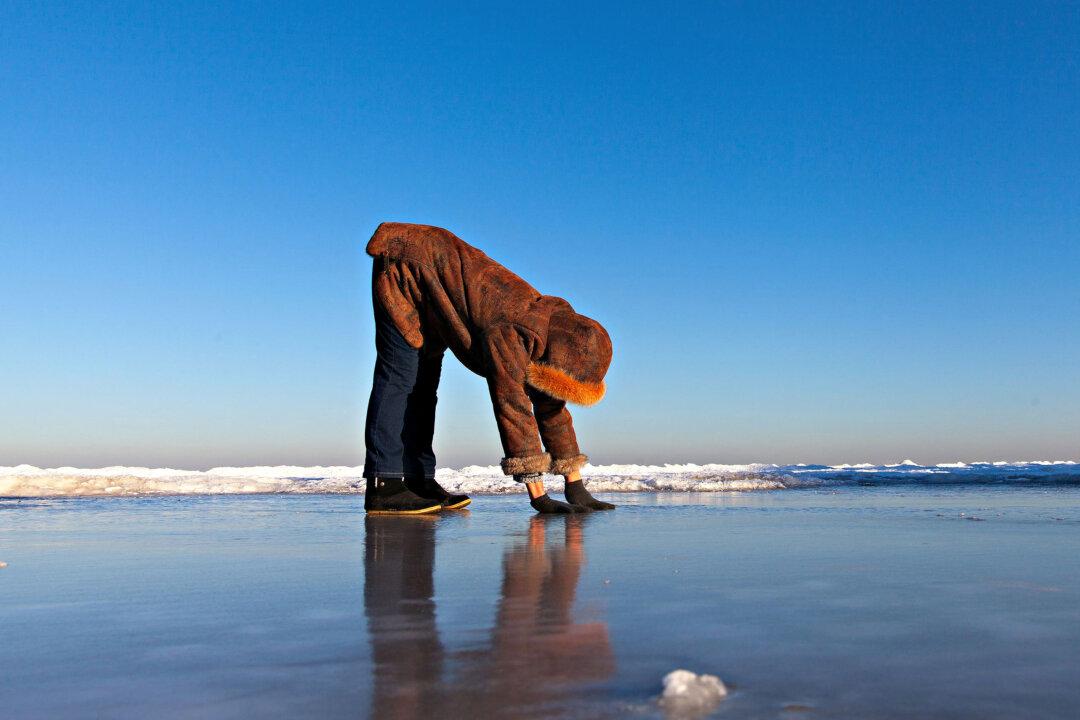Let’s face it; if you’re like most people, you want to be as healthy as you possibly can. Chances are that if you’re trying to get healthier, one of the first areas you think about is your diet.
What you eat has a huge impact on your overall health, how you feel, your mood, energy levels, and even your immunity. The link between diet and health is so strong that the Chinese say that if a person isn’t feeling well, they should first try healing through their diet, and only if diet doesn’t work should they try acupuncture and herbs.





